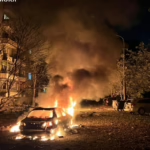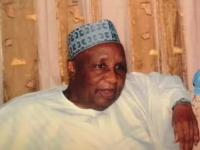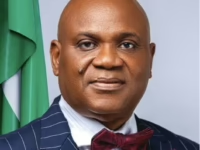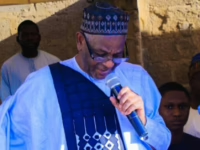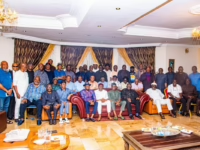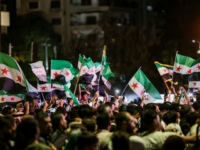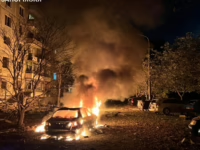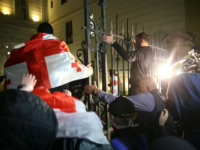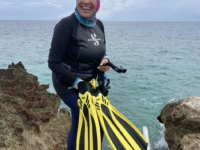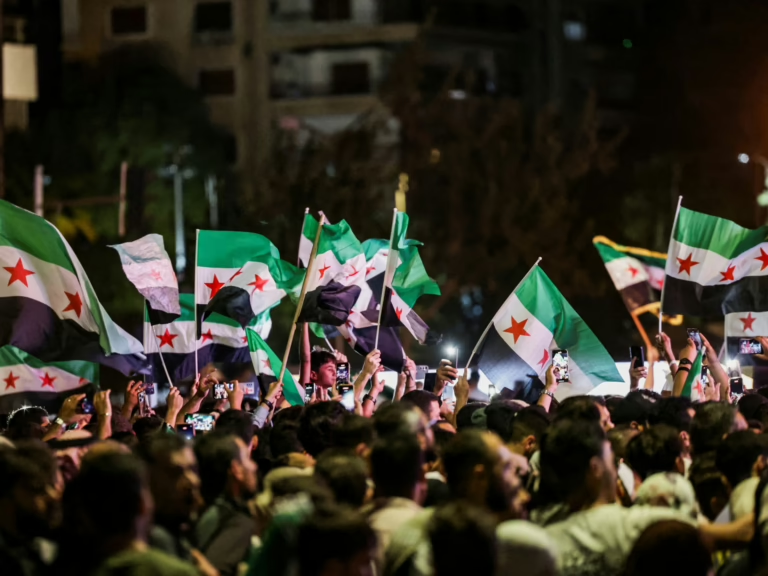On Sunday, Syria will hold elections for the People’s Assembly, marking the nation’s first electoral event since the ousting of Bashar al-Assad’s regime in December.
This election represents a significant milestone following over five decades of authoritarian al-Assad family rule. It also serves as a critical evaluation of the new administration under President Ahmad al-Sharaa.
Nevertheless, the electoral framework has sparked considerable discussion and controversy.
Notably, there will be no direct voting by the general populace. Instead, President al-Sharaa will appoint one-third of the assembly members, while the remaining seats will be filled through votes by designated electoral subcommittees.
To clarify the process, here is a comprehensive overview of Syria’s upcoming elections:
Indirect Elections: No Direct Ballots from Syrian Citizens
That is correct.
The newly formed People’s Assembly will consist of 210 seats, a reduction of 40 seats compared to the previous legislature under al-Assad. Members will serve terms lasting two and a half years.
Out of these, 70 seats will be directly appointed by al-Sharaa, while the other 140 will be elected by subcommittees supervised by an 11-member Supreme Committee, itself appointed by the president.
These subcommittees comprise approximately 6,000 electors who cast their votes within regional electoral colleges.
Syrian officials justify the absence of a nationwide popular vote by citing the lack of reliable census data, a consequence of the displacement of millions amid nearly 14 years of conflict.
Aron Lund, a Syria analyst affiliated with the Century International think tank, told Al Jazeera, “While voting is taking place, its political significance is limited. The election is indirect, relying on electors essentially selected by the current leadership. The environment does not foster genuine political debate, even though Syria has thankfully moved beyond the censorship and police-state tactics of the Assad era.”
It is also important to note that no political parties are participating in this election.
Polling stations opened at 9 a.m. local time (06:00 GMT) and will close at 5 p.m. (14:00 GMT).
Number of Candidates and Representation Criteria
The Supreme Committee, appointed by al-Sharaa, has approved 1,570 candidates vying for the 140 elected seats, with the remaining 70 to be appointed by the president.
Although there are no formal quotas, a draft law suggested that electoral colleges should include 20% women, 3% individuals with disabilities, and maintain a 70-to-30 ratio favoring professionals over traditional community leaders.
Tragically, Haidar Shahin, an Alawite candidate from Tartous governorate, was fatally shot at his residence on September 30 by an assailant wearing a mask.
The pro-government Al-Watan newspaper attributed the killing to “remnants of the former regime,” and authorities have launched an investigation.
Tartous has witnessed violence earlier this year, including sectarian clashes following an uprising by al-Assad loyalists in March. Since then, Alawite communities have reported facing sectarian intimidation and discrimination.
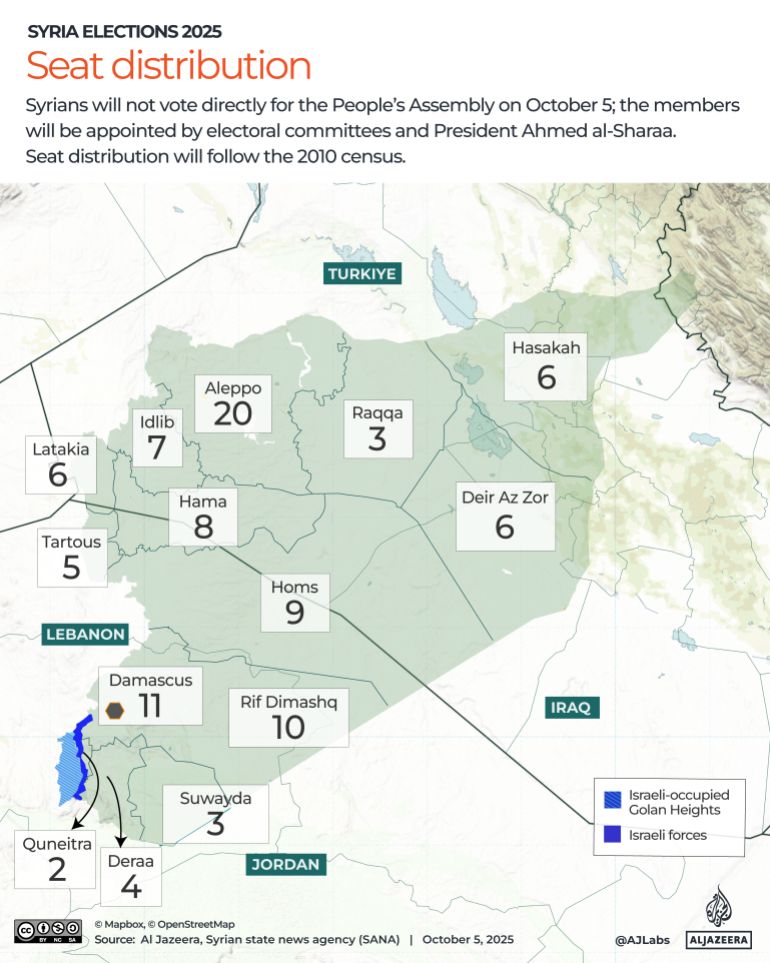
Is Voting Taking Place Across All Regions?
No, voting is not occurring nationwide at this time. Up to 32 seats in the assembly will remain vacant.
Authorities postponed elections in three areas, citing unpreparedness. These include Kurdish-controlled territories in the northeast and the southern Suwayda region, where recent clashes between Druze and Bedouin groups disrupted stability.
Public Sentiment Toward the Elections
Reactions among Syrians are mixed, blending hope with skepticism.
Many citizens express relief and optimism at the end of the al-Assad dynasty, welcoming any alternative to its harsh governance.
Conversely, some Syrians voiced concerns to Al Jazeera about ongoing security issues, including massacres in coastal areas like Tartous, violent incidents in Suwayda, and attacks targeting minority groups, which have eroded trust in al-Sharaa’s leadership and his pivotal role in the elections.
Nonetheless, a recent survey by the Arab Center reveals strong popular support for democracy, with 61% of Syrians favoring a democratic system characterized by political pluralism and accountability.
Meanwhile, 8% of respondents prefer a system governed by Islamic law without political parties or elections, and 6% support a political framework where only Islamic parties compete.
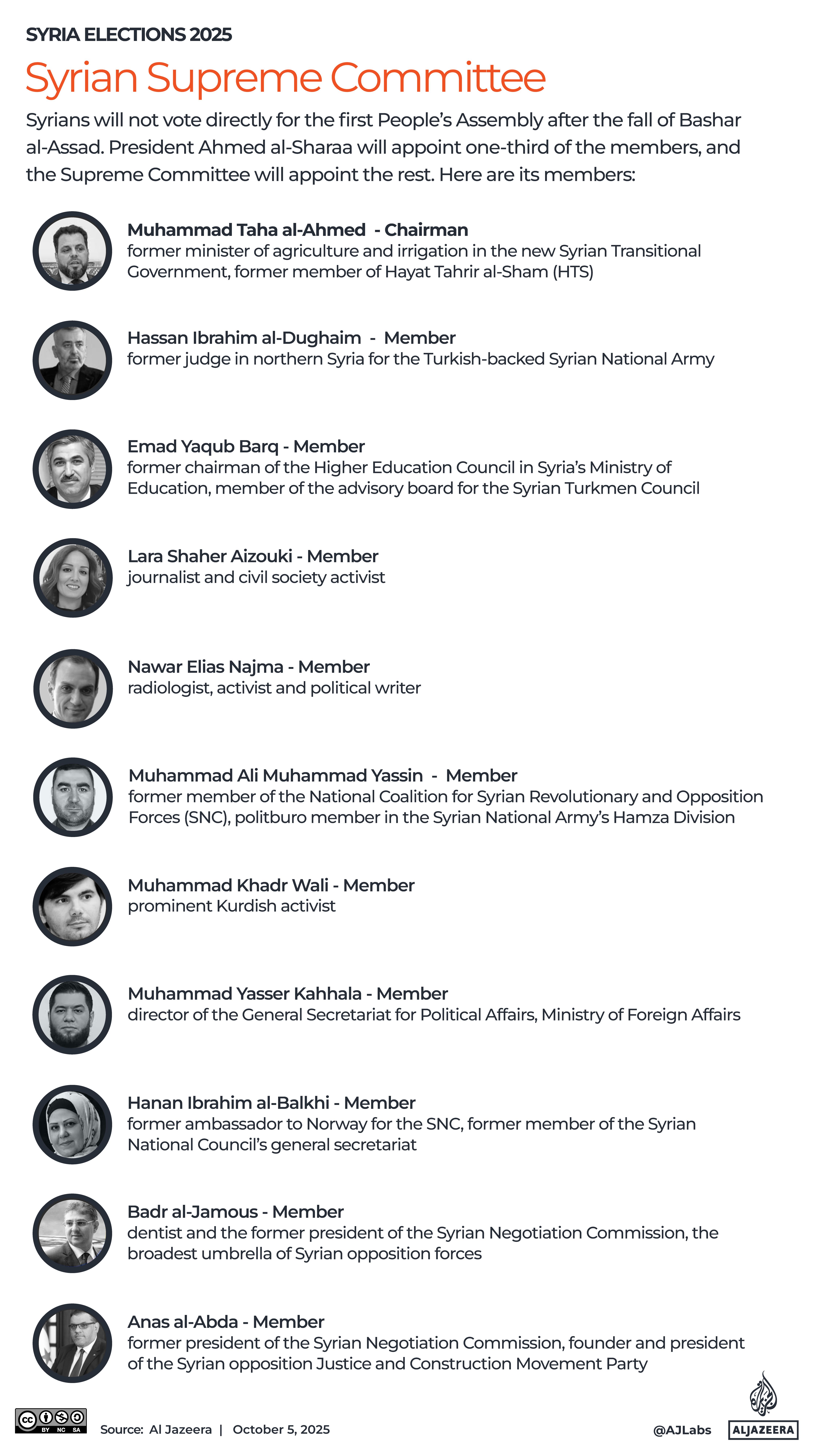
Is This Election Merely a Continuation of Authoritarian Rule?
President al-Sharaa remains the dominant figure throughout this process, having led the campaign that toppled al-Assad on December 8.
Despite this, experts argue that these elections hold significance and differ from the sham polls conducted under the previous regime.
“We can expect some genuinely popular individuals and respected local leaders to emerge, which is important,” Lund explained.
“Syria needs mechanisms for local communities to engage with the central government in Damascus.”
He added, “While this should not be dismissed as mere political theater, it is not a fully-fledged election that will produce an independent legislature or foster competition among political factions.”
Al-Sharaa’s influential role in Syrian politics is expected to persist post-election, but analysts view this as a potential initial step toward a more inclusive political landscape.
“This approach is typical for nations undergoing revolutionary change like Syria. There has to be a starting point,” Lund noted. “This process, while imperfect, is preferable to having no political progress at all.”
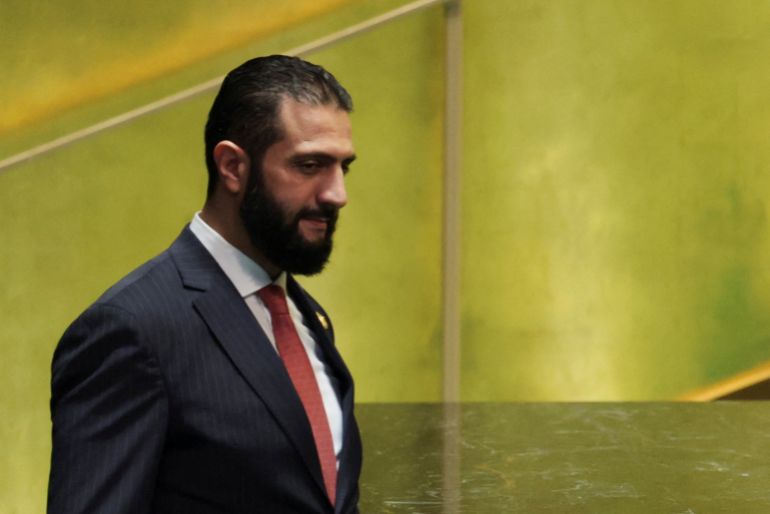
Syrian President Ahmed al-Sharaa has been a pivotal figure since al-Assad fled to Russia in December. His influence in shaping the People’s Assembly is expected to continue [Jeenah Moon/Reuters]
What’s Next After the Elections?
Election results are anticipated by Tuesday, after which attention will turn to the functioning of the People’s Assembly.
“The key question is whether this parliament will have the authority to influence policy and express dissenting views, or if it will merely serve as a rubber stamp for legislation,” Lund questioned.
“Is this a foundational step toward genuine elections in the future, or simply a procedural formality within an emerging authoritarian framework?”



